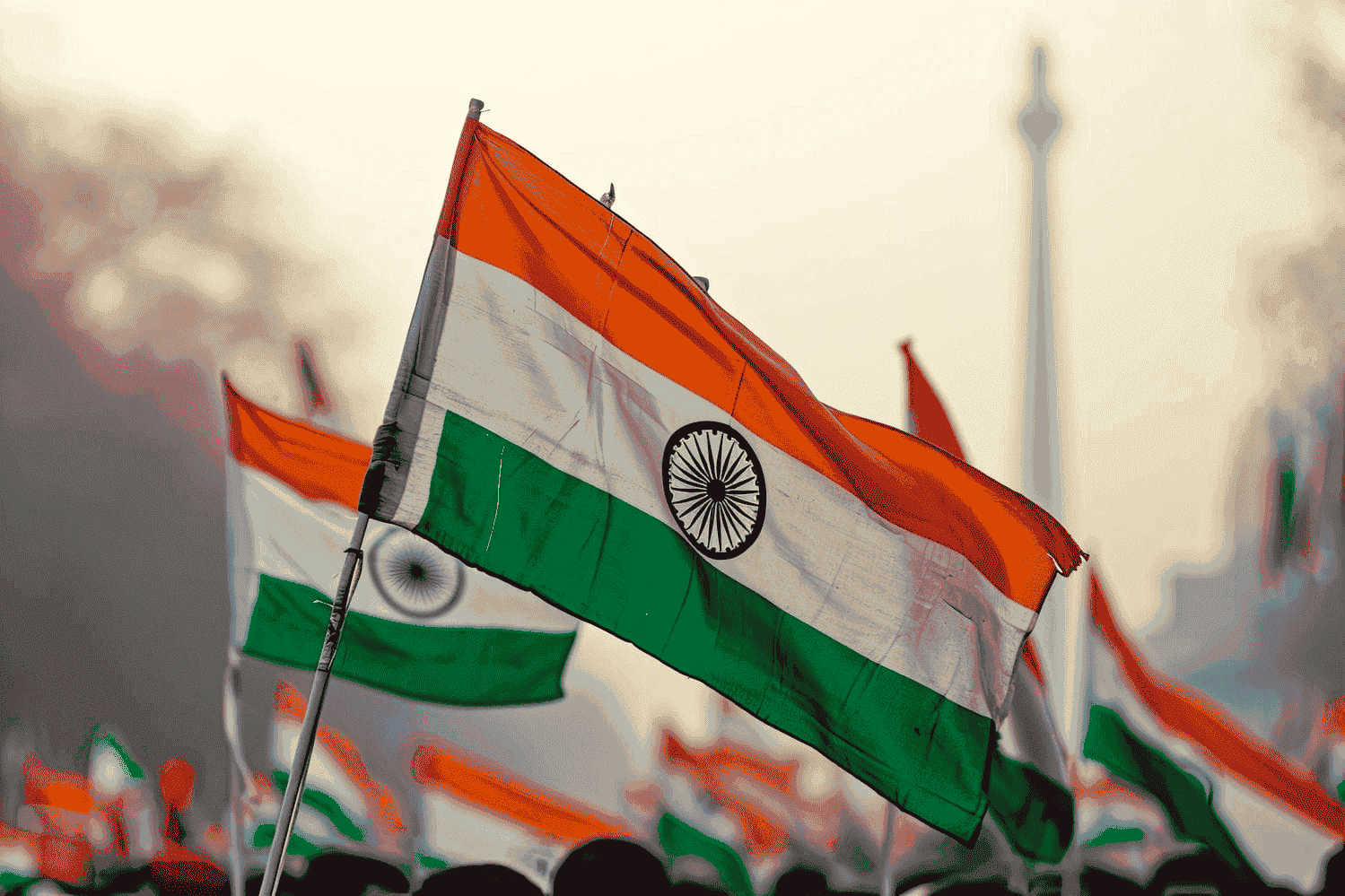Lokpal

About
“The Lokpal and Lokayuktas Bill of 2011” was passed on “17th December 2013” by the parliament. On 1 January 2014, the Bill was assented to by the Hon'ble President and sent into effect on the same day as the Lokpal and Lokayuktas Act.
Chairperson
On 26th May 2022, Justice Pradeep Kumar Mohanty became the authorised chairperson of Lokpal. Smt Justice Abhilasha Kumari is a judicial member of the Lokpal.
History
- Dr. LM Singhvi first coined the term “Lokpal” in 1963.The concept of a “constitutional ombudsman” was first proposed by “Law Minister Ashok Kumar Sen” in the early 1960s in the Indian Assembly.
- ''Lokpal and Lokayuktas Bill” was also introduced in 1968 in the fourth Lok Sabha and was considered a joint committee of both Houses.
- "Shanti Bhushan" proposed the "Jan Lokpal Bill" in 1968, which was subsequently passed in the "fourth Lok Sabha.".
- However, it did not pass in “the Rajya Sabha” and subsequently, the Lokpal bills were also introduced in 1971, 1977 and 1985.
- According to the 'Lokpal Bill,' it is possible to file a corruption complaint against the Prime Minister, Congress Minister and other Ministers with Ombudsman. The Bill was revived several times in various years and it was finally revived in 2011.
- The bill, which was passed on 27 December 2011 with some amendments, was the outcome of Anna Hazare's campaign in Delhi.
Qualifications
In March 2019, the related Act of Parliament was passed in India. “Pinaki Chandra Ghose, who was the retired supreme court judge” was “appointed as the first Lokpal in India” by a committee composed of the “Chief Justice of India Ranjan Gogoi, the Speaker of Lok Sabha Sumitra Mahajan and Prime Minister of India Narendra Modi on 23rd March 2019”. It is significant to note that out of 8 members, approximately four members were judicial members and were judges of the Supreme Court or the Chief Justice in the High Court. In contrast, the remaining non-judicial members are individuals with impeccable integrity, exceptional abilities, and superior knowledge and expertise in various fields for a minimum of 25 years, including “anti-corruption, public administration, finance, and insurance, amongst others.”
Jan Lokpal Bill: A Movement
Former Supreme Court judge “Justice Santosh Hegde” was responsible for drafting the “Jan Lokpal Bill.” Former Supreme Court lawyer “Prashant Bhushan and RTI active member Arvind Kejriwal” even dreamed up a system wherein if someone is found guilty of corruption, they would be sentenced to life in jail within 2 years after filing the complaint.
“Anna Hazare, Sri Sri Ravi Shankar, Swami Agnivesh and IPS officer Kiran Bedi” were some of the other members who took part in the movement which called India against corruption. The website of this movement also describes the movement “as an expression of collective anger of individuals of India against corruption.”
Lokpal and Lokayuktas Act, 2013
The "Lokpal and Lokayuktas Act, 2013" was passed by the Indian Parliament, which has since given rise to Lokpal to tackle corruption in public institutions and provide flexibility for civil servants, including the Prime Minister. Several central investigation agencies, including the CBI, are under the supervision and management of Lokpal Yojana. The bill also provides for methods of confiscation and confiscation of assets that may be acquired by “corrupt means” even while prosecution is pending.
It is important to note that the email and mobile number of the complaints are usually kept confidential however it is not used except for communicating with the complainant in association with the complaint filed. This particular bill has helped in punishing all individuals from India right from a rickshaw puller to the Prime Minister who has committed a heinous crime.
FAQ
1. Does the complainant need to pay any fees for filing the case?
No, fees are not needed for filing any complaint in the office of the Lokpal.
2. Who is responsible for attaching a test affidavit with the complaint form?
According to Section 139, the affidavit can be usually attested by any magistrate, any notary appointed under the Notaries Act of 1952, or any officer who is appointed by the High Court.
3. Whether the documents are seized by public servants?
Yes due to the provisions under section 26 of the Lokpal Act, if the Lokpal finds a reason to believe that there are certain documents which have a complete opinion and are relevant for any investigation it needs to be seized.
4. What are the measures that are needed to be taken by the Lokpal in case of any false complaint?
Any person who is trying to make a frivolous and false complaint under the “Lokpal and Lokayuktas Act, 2013, the individual can be convicted in punished by putting behind bars for a particular tenure which may extend to 1 year.